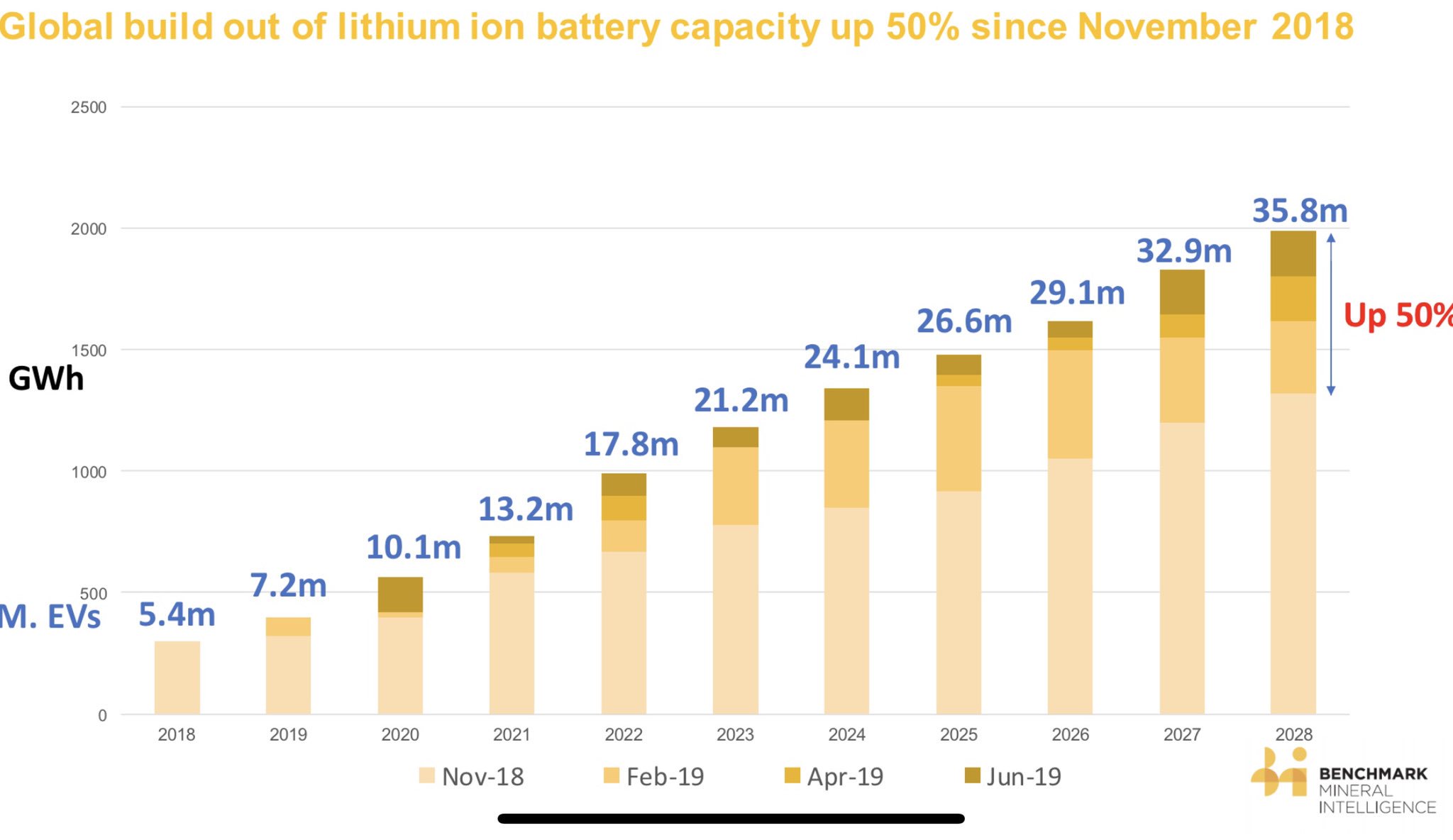I expect the S & X sales will slowly increase overtime. There should be an abundance of 3’s on the road and people like to differentiate themselves so I think there will be more interest in the higher end models as the 3 settles in.What do you guys think about the model3 model mix and the relatively low Model X & S deliveries?
Are the X and S demand declining due to Model 3? Or is Elon focusing on Model 3 production?
I hope the total profit does not decline even though Model 3 is ramping up nicely due to volume decrease in X and S.
Last edited:



